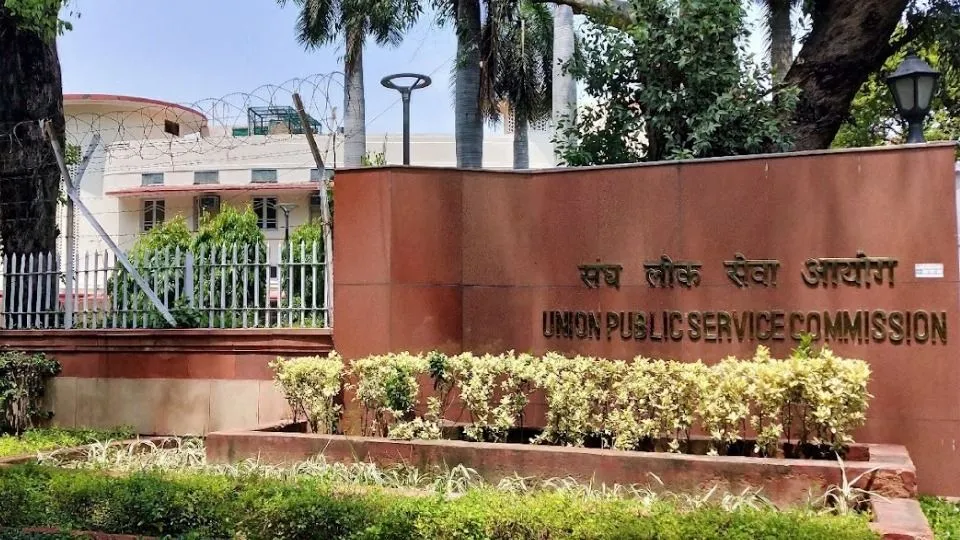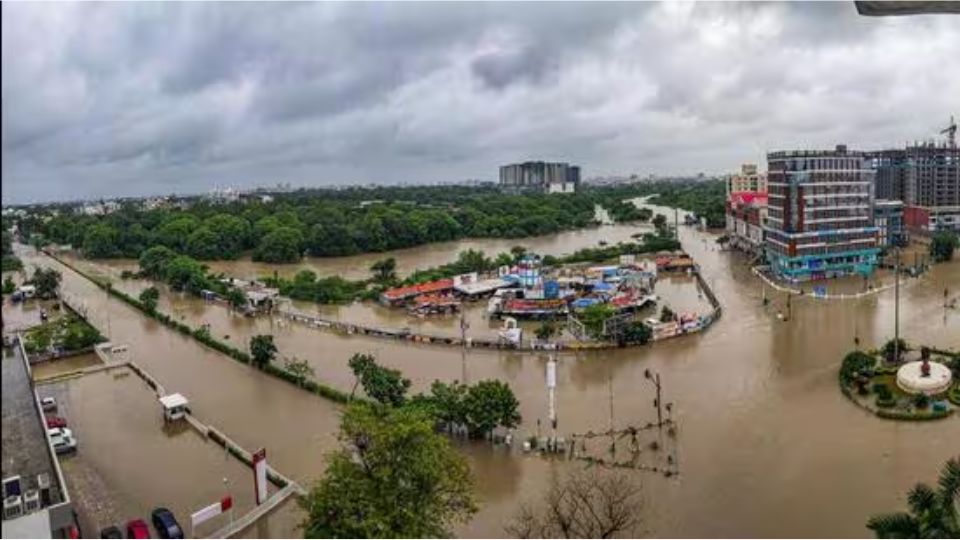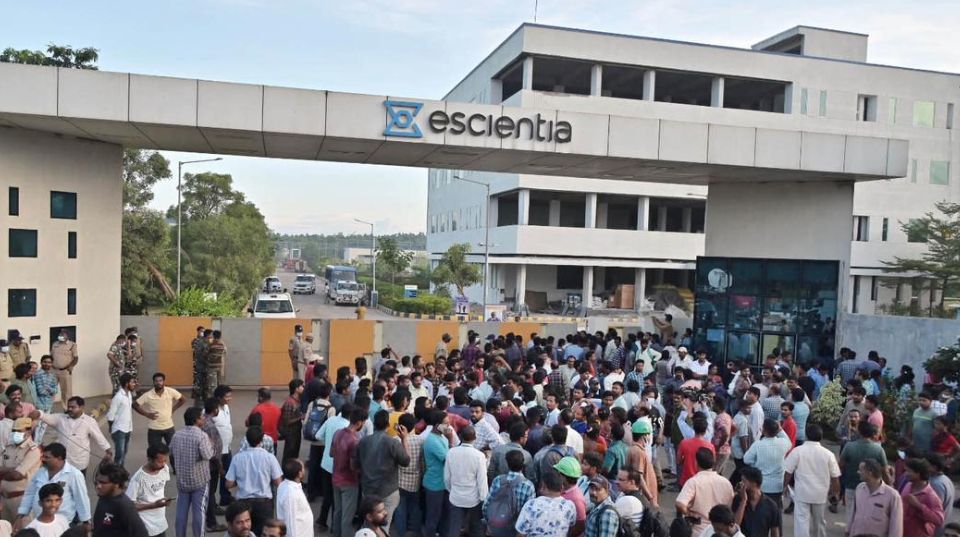The Union Public Service Commission decided to overhaul its examinations with advanced security measures and extreme supervision. This decision was taken with an aim to enhance the integrity and security of the exam after the NEET-UG controversies and allegations against IAS trainee Puja Khedkar.
UPSC Exam
UPSC is a constitutional body that conducts written exams and interviews to recruit candidates for government services. It conducts 14 exams annually including Civil Services Examination which selects candidates for elite services such as the Indian Administrative Service (IAS) and Indian Police Service (IPS), Indian Economic Service Examination, Combined Defence Services Examination, Central Armed Police Forces Examination and many more.
Advances to be made
The new system ensures that the students’ data and images are provided to the service provider for Aadhar-based fingerprint authentication and facial recognition. This initiative makes sure the identity of the candidate is legitimate, preventing impersonation. To ensure that the enrollment is conducted within the designated shift, a real-time attendance monitoring system, equipped with GPS coordinates will be installed.
Also Read| Supreme Court Says No RE-NEET – “Can’t Conclude Sanctity Breached”
Digital entry of details
The details of the candidate are auto-fetched from the Application database by scanning the QR code on the admit card. If the digital entry doesn’t work, the candidate will have to manually enter his roll number from the admit card.
CCTV surveillance
Each classroom accommodating 24 candidates will be equipped with one CCTV camera. It is the responsibility of the service provider to install an adequate number of CCTV colour cameras across all classrooms. He must also arrange for remote live viewing of the CCTV footage at the UPSC’s control room. The surveillance helps in keeping tabs on students and exam personnel in various centres across the country ensuring overall security during the examination. The cameras will also be installed at the entry and exit gates where sensitive pre and post examination materials are handled.
Also Read| Bangladesh Supreme Court Reverts Back Verdict Of HC Amidst Deadly Protests
Invitation of bids from PSUs
UPSC has issued a tender for the required technological services from Public Sector Undertakings (PSUs). The services include QR code scanning of e-admit cards, cctv surveillance service in examination halls, Aadhar-based fingerprint authentication and facial recognition of students, Exam schedules, venue lists, candidates’ information will be provided by the UPSC to the service providers two to three weeks before the exam and the candidate details like name, roll number and photo will be provided seven days before the exam.
Puja Khedkar case
A trainee IAS Officer from the 2023 batch, Puja Khedkar was accused of misusing her position and privileges during her training at Pune District Collectorate in Maharashtra. Apparently, she has requested for special privileges multiple times and used red-blue beacons on her private Audi Sedan with a VIP registration number misusing her power. She also asked for privileged office space including the room of a colleague. Later, it was also found out that she used fraudulent means to clear her UPSC exam. She allegedly faked her identity and had submitted fake disability and caste certificates.
About the Author
Ms Sharanya Kanna is a graduate in Mechanical Engineering from Jawaharlal Nehru Technological University, Hyderabad. She has a strong interest in writing and research. With a passion for journalism and storytelling, she aims to contribute actively to society.











